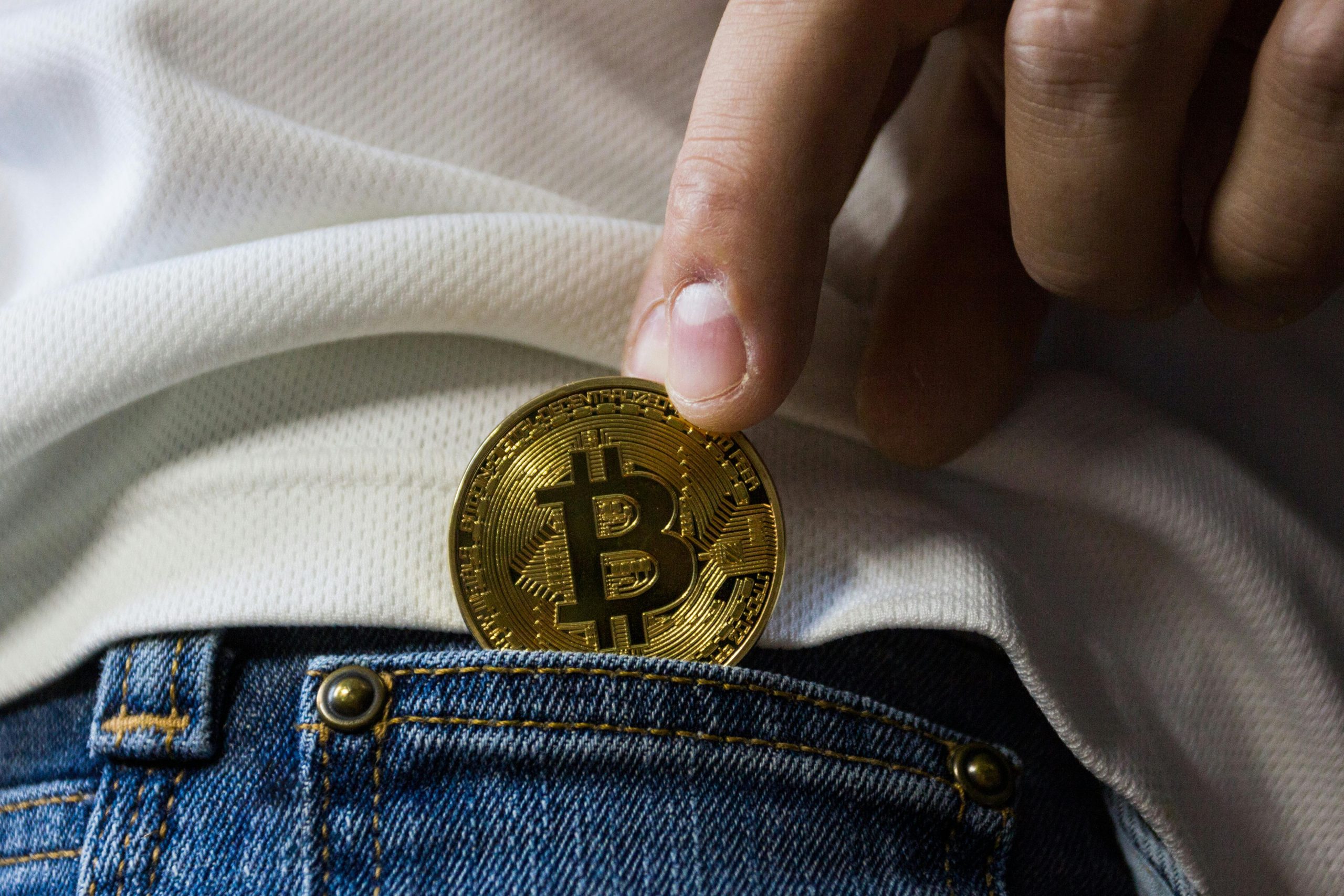Bitcoinový experiment v Salvadoru !

In 2021, El Salvador became the first country in the world to adopt bitcoin as an official currency. The move brought the Central American country not only profits and international attention, but also criticism. However, the main expected benefits are still missing – investors are still shunning El Salvador and locals continue to rely on the US dollar.
The adoption of bitcoin was motivated by a desire to innovate, improve financial inclusion and raise El Salvador’s profile on the world stage. President Nayib Bukele has faced criticism from the International Monetary Fund, U.S. banks, and ordinary Salvadorans. The introduction of bitcoin was intended to make it easier and cheaper to transfer money from Salvadorans working in the US who face high banking fees. However, the government’s Chivo app, which was supposed to simplify the process, faced technical problems.
Although the introduction of bitcoin had the potential to reduce the cost of remittances, its implementation and adoption have run into problems, especially among poorer citizens. The volatility of cryptocurrency has led to financial losses and increased economic risk. Yet President Bukele continues to support the bitcoin community and celebrates any increase in its price.
Investing in bitcoin has not brought the expected financial stability and influx of new investments. The local public mostly ignores bitcoin and criticizes it as a marketing ploy. However, Bukele’s popularity is more linked to his successful actions against crime than to his bitcoin policy.
Nayib Bukele announced two months ago that a large portion of bitcoins would be moved to an offline wallet to better protect them. The move is intended to ensure the safety of the $407 million stored in bitcoins. But critics warn that if Bukele ceases to be president, the investment could be at risk.
Despite all the problems, Bukele has been pushing for other steps to make bitcoin more attractive to locals, such as lifting the tax on the cryptocurrency. This move could increase interest in bitcoin in the short term, but could jeopardize government revenue in the long term.
Photo source: www.pexels.com
Author of this article
WAS THIS ARTICLE HELPFUL?
Support us to keep up the good work and to provide you even better content. Your donations will be used to help students get access to quality content for free and pay our contributors’ salaries, who work hard to create this website content! Thank you for all your support!





OR CONTINUE READING